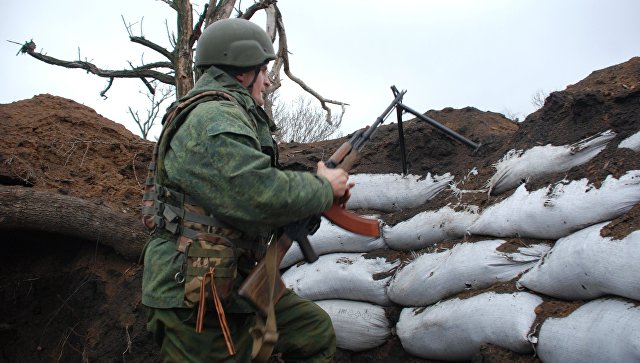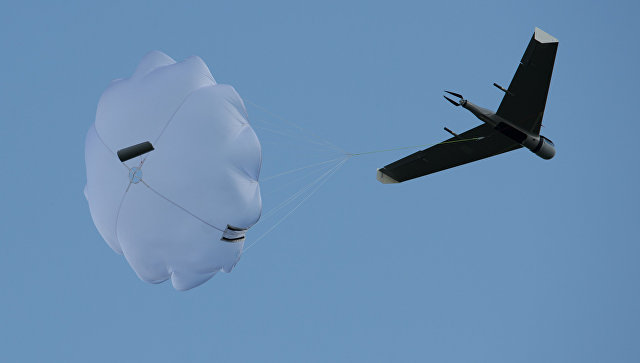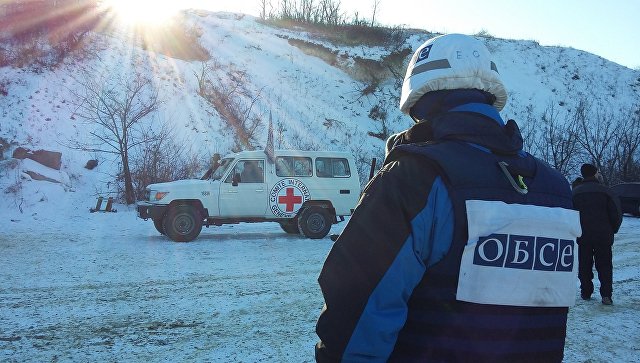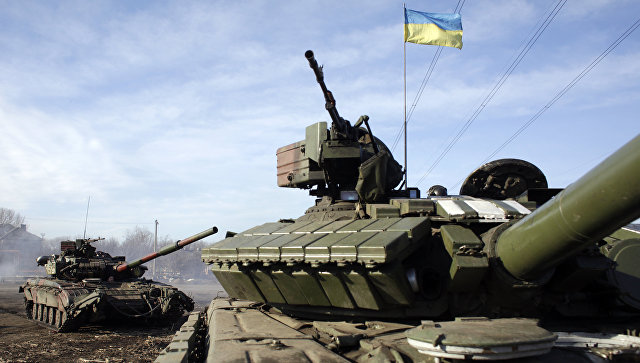Дмитрия Медведева закидали вопросами
28.03.2018
Сегодня Дмитрий Медведев начинает серию встреч с представителями думских фракций в связи с предстоящим 11 апреля отчетом правительства перед парламентом. Первыми на встречу идут депутаты от ЛДПР, с которыми премьер обсудит проблемы демографии. Вероятно, будут затронуты и другие темы: Белый дом получил из Госдумы вопросник из 69 пунктов. Несмотря на то что лидер партии власти возглавляет правительство, больше всего вопросов к нему накопилось именно у «Единой России».
Дмитрий Медведев примет сегодня депутатов от фракции ЛДПР в связи с отчетом правительства о своей работе в 2017 году (премьер выступит с ним в Госдуме 11 апреля). До этого премьер встретится с представителями всех думских фракций. В прошлом году премьер встречался только с лидерами фракций. Впервые от каждой фракции, кроме «Единой России», к премьеру придет группа депутатов. С депутатами своей партии господин Медведев встретится на заседании фракции 6 апреля, когда единороссы будут обсуждать законопроекты, которые потребуются для выполнения последнего послания президента. Обсуждение пойдет по трем секциям: развитие экономики, социальная политика, инфраструктурные проекты. В работе секций примут участие представители соответствующих министерств.
Трем фракциям так называемой думской оппозиции правительство предложило конкретные темы для обсуждения с премьером. КПРФ — проблемы сельского хозяйства, «Справедливой России» — проблемы ЖКХ. «Мы обозначили тему демографии»,— сообщил “Ъ” вице-спикер Госдумы от ЛДПР Игорь Лебедев. При этом депутаты уверены, что разговор с премьером не ограничится этими темами. Каждая фракция передала в правительство вопросы, но ответить на все премьер в ходе отчета может не успеть.
В прошлые годы Госдума направляла в правительство 20 вопросов — по пять от фракции. «В этом году мы не стали ограничивать количество и направили в правительство все вопросы, которые подготовили фракции»,— пояснила “Ъ” глава думского комитета по регламенту Ольга Савастьянова («Единая Россия»). Правительство получило пакет из 69 вопросов. У фракции ЛДПР их 14. Членов ЛДПР, помимо демографии, интересует, к примеру, «каким образом согласуются с программой развития авиастроительной промышленности» поставки 450 самолетов «американской компании "Боинг"»; «какие меры принимаются для масштабного строительства дорог»; как «предполагается обеспечить опережающий рост производительности труда».
У КПРФ 18 вопросов. Они хотят узнать, «не намерено ли правительство отказаться от услуг иностранных торговых сетей», которым «принадлежат 82% предприятий торговли»; стоит ли выйти из ВТО и «какие реальные меры готово принять правительство, чтобы они способствовали развитию малого бизнеса».
Меньше всех вопросов у «Справедливой России» — 13. Справороссы интересуются, как правительство намерено решить «проблемы жилья для детей сирот» и не планирует ли «поэтапное сокращение финансирования профессионального спорта и увеличение финансирования массового спорта».
Несмотря на то что лидер партии власти возглавляет правительство, больше всего вопросов к нему накопилось у «Единой России» (24). Единороссов интересуют проблема подготовки кадров «для обеспечения цифровой экономики», вопрос привлечения «молодых специалистов для работы в сельской местности», а также «поддержит ли правительство предложение "Единой России" по ликвидации железнодорожных переездов, пересекающих автомобильные дороги».
https://www.kommersant.ru/doc/3586228
http://creativecommons.org/licenses/by/3.0/legalcode





























